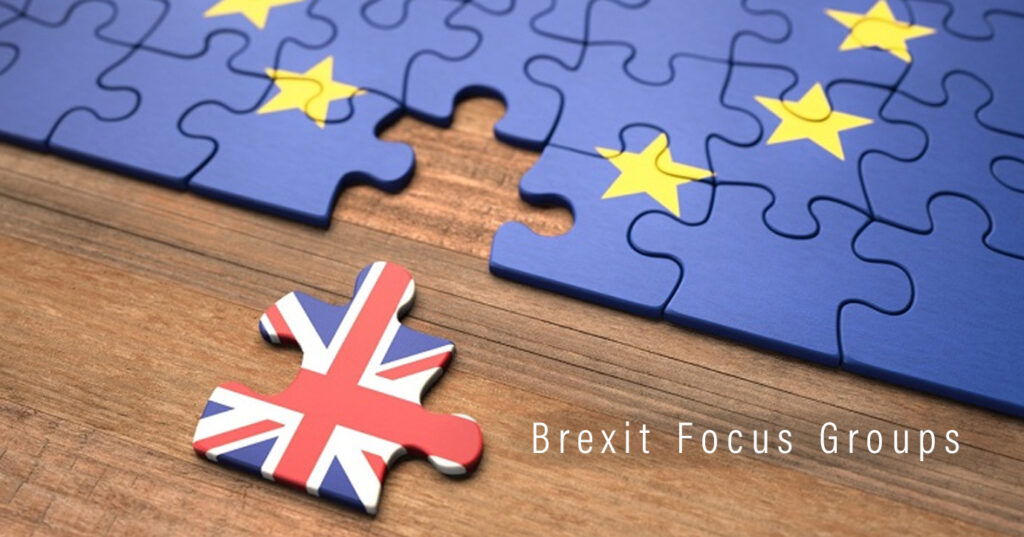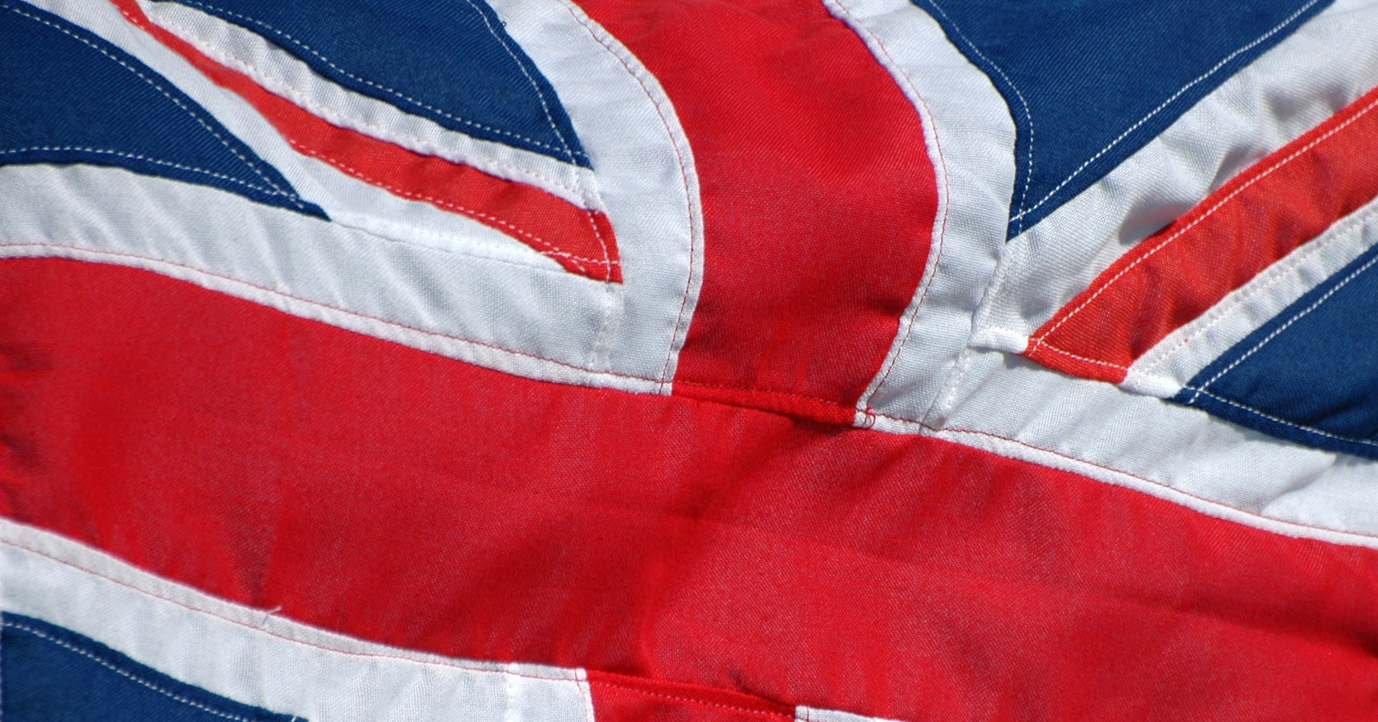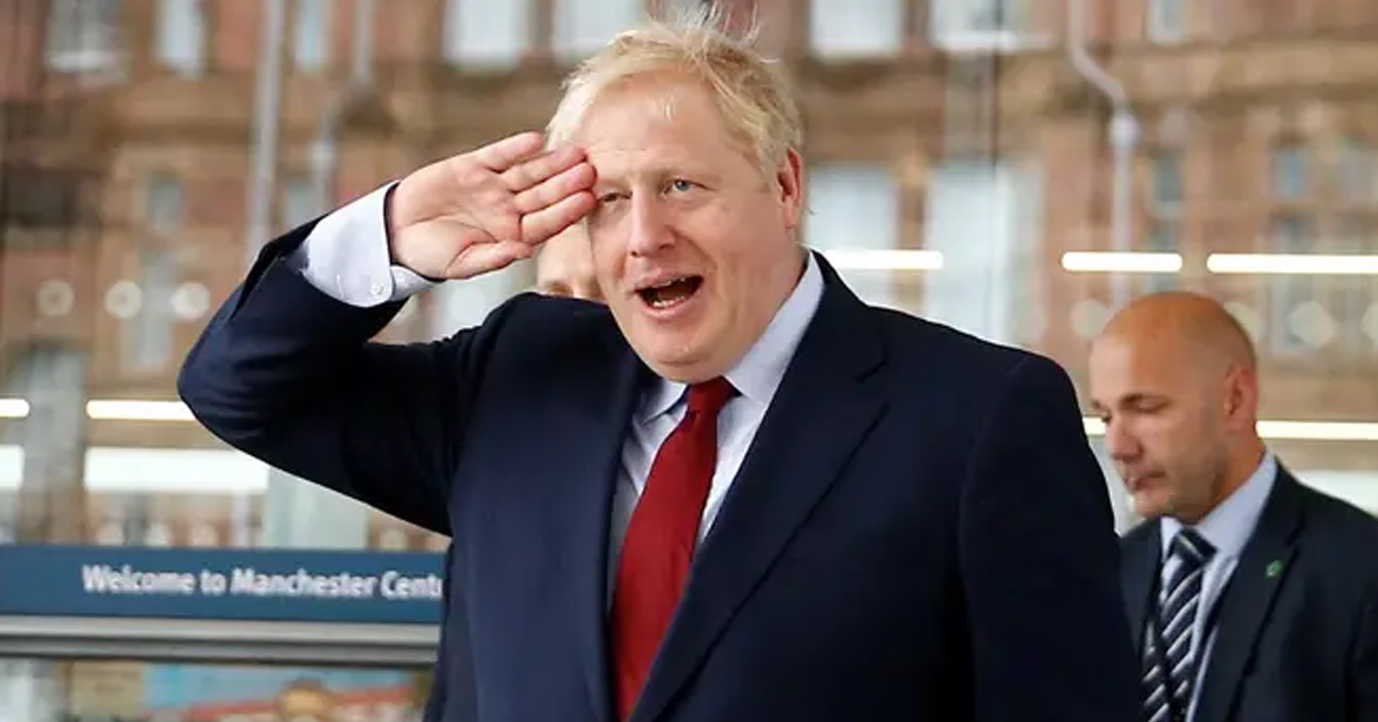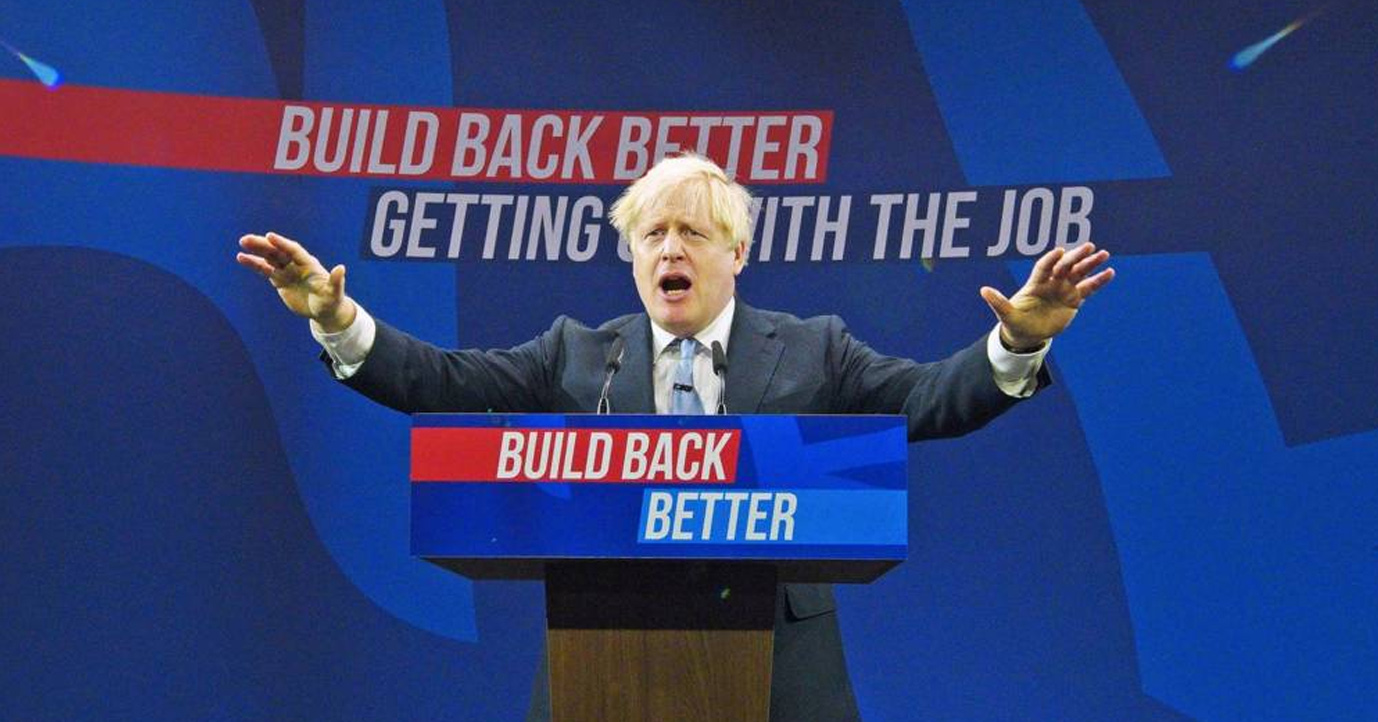
Last week the focus group trail led the Lord Ashcroft Polls team to the cities British sceptics regard as the heart of the Euro-conspiracy: Berlin and Paris. Again, we assembled groups of men and women with a range of social backgrounds and political leanings, and enlisted the services of a simultaneous translator. How would views in the core of Old Europe compare to what we heard last week in Poland and Bulgaria, particularly when it comes to Britain’s part in things?
It’s the taking part that counts
In the German capital, we cut to the chase: what is it like to be the single most powerful country in the EU? “You don’t have influence as an individual country, you have to agree to things as a group. That’s what it is all about.” That may be the theory, but people in other countries think Germany runs the show. “Do they really? Which countries?” Well, all of them. “Maybe it’s because Martin Shulz is president of the European Parliament, and he’s German.” Of course. That must be it.
People in other countries think Germany runs the show.
“Do they really? Which countries?”
What is the French view – how much influence do you think you have? “It’s a good question.” Thank you. “You hear a lot about the Franco-German partnership, Francois and Angela. And if you’re abroad and you mention Europe, people think of France and Germany. But it’s confusing because it’s supposed to be all twenty-eight together.”
As the discussions progressed it became clear that this was not a matter of false modesty on the part of Europe’s dominant forces. One of the repeated complaints we heard about the EU in these groups was of inertia, resulting from disagreements about the way forward: “There is no unity. We are dealing with so many small countries, it’s hard to find one unified voice. There is no harmony.”
A fitting-in problem
While our groups in Warsaw and Sofia had seen their relationship with the EU in largely transactional terms – having joined in the expectation (whether realised or not) of more trade, higher living standards and the chance to live and work abroad – many of our French and German participants saw the European project as almost an end in itself. If many in Britain would be puzzled by such a view, many of our Berliners and Parisians found the UK’s attitude just as baffling.
For many, Britain had “never been a proper part of the EU”, having opted out of Schengen and the euro (though some envied this position: “Britain is not in the Eurozone – they’re not stupid”). Most British voters would perhaps be reassured to hear it said of their government, “they agree with Europe when it’s good for them, and disagree when they don’t like it!” But in Paris this was declared in tones of real indignation. There were grumbles about the EU in both countries, including the cost of bailouts and inconvenient European rules. But for them, common sacrifice and agreeing to things that don’t suit you was central to the whole endeavour, “otherwise it wouldn’t work. You can’t have a union without anything binding.”
The confusing thing about Britain, then, was not its lack of enthusiasm for European integration but why, since it evidently dislikes the idea so much, it has remained a member for so long: “What do they actually bring to Europe? When I hear their demands I wonder what Britain is doing there;” “They don’t like making agreements. They want to be a kingdom on their own.”
“What do they actually bring to Europe? When I hear their demands I wonder what Britain is doing there.”
For this reason, many disliked in principle the idea of renegotiating Britain’s membership terms in order to persuade it to stay: “I don’t agree we should say yes to all their whims. If they don’t want to fit in, they should leave. They seem to have a fitting in problem.”
“I don’t agree we should say yes to all their whims. If they don’t want to fit in, they should leave.”
However, when presented with Britain’s negotiating demands, there were few objections to most practical points (though there was some concern in France about ensuring Britain would not have to contribute to Eurozone bailouts: “Who will help us when we’re bankrupt?”) Indeed most were sympathetic to the UK’s concerns about welfare (“How can you claim benefits for children who don’t live there? Does that happen? Is it possible?”) The most objectionable point for these groups was exempting Britain from working towards ever closer union. “It’s the original idea of the EU. It’s counterproductive if one member state doesn’t want to sign up to a basic principle. If they don’t want to, they should leave;” “You can’t want to be part of the union and not want it to be closer.”
“Who will help us when we’re bankrupt?”
If they thought Britain would be happier outside the EU, that didn’t mean they wanted us to leave. They worried what would become of the union if its third biggest member were to depart, however awkward it might be about everything. “Without Britain we would be more of a union, but weaker;” “It would be less diverse, less credible, less powerful;” “It would make Europe less credible to other countries in the world;” “Someone else could join, but they wouldn’t be as rich.” Some also worried that it would “trigger a chain reaction” of countries leaving or demanding new terms. Indeed, Brexit would be a blow to the whole European project: “If Britain leaves, Europe won’t mean anything any more.” Some even felt Brexit would amount to Britain letting its partners down: “Leaving would be a bit of an arrogant move.”
“Without Britain we would be more of a union, but weaker… Someone else could join, but they wouldn’t be as rich.”
The burdens of leadership (and history)
More than a million asylum seekers entered Germany in 2015, with a further two thousand arriving every day last month. The capital’s old Tempelhof airport, which was converted to become a popular public space in 2010, is currently home to more than seven thousand refugees, with temporary buildings and facilities including a school and kindergarten. A riot erupted at the site last November.
Even in liberal Berlin, the migrant situation is a source of tension. Most felt that migration into Germany was beneficial overall (“we need someone to pay for our retirement!”). But following the assaults in Cologne on New Year’s Eve, several participants said they or their partners felt less safe in the streets, and for many, the sheer number of arrivals made successful integration impossible: “they are spoiling the good relations we have in Germany;” “I don’t think they will integrate – we will adapt to meet their needs. When there is a barbecue party at school and thirty per cent of the kids are Syrians, will there still be pork sausages?”
“I don’t think they will integrate… When there is a barbecue party at school and thirty per cent of the kids are Syrians, will there still be pork sausages?”
Most of their frustration, however, was directed at the authorities. Many felt that officials and parts of the media had tried to cover up events in Cologne (“first they said there weren’t any problems, then they said there weren’t any asylum seekers involved, then even very tolerant people had to accept that they were, and then they found excuses for them”), and that the situation was being misrepresented more generally: “When you see images of refugees it is always children. What you don’t hear about is that eighty per cent of refugees are young men” (a figure that was quoted spontaneously in separate groups).
“When you see images of refugees it is always children. What you don’t hear about is that 80% of refugees are young men.”
There was also anger that Germany was shouldering too much of the burden because other countries were failing to do their bit: “There should be a spread of migration across the EU. Countries are not accepting any and it is not fair. Austria is closing the borders;” “Britain has a responsibility as a rich EU country. If they want to stay a member they should take in their fair share of refugees.”
“Britain has a responsibility as a rich EU country. If they want to stay a member they should take in their fair share of refugees.”
They were clear, however, about how they had ended up in this position. As the biggest economy in Europe, Germany was expected to take on the greatest burden – and history made it difficult for the government to say no: “We’re a rich country so everyone expects us to do everything;” “I’m in favour of taking responsibility but that doesn’t mean we have to accept everything and everybody;” “The politicians are helpless. They find it especially hard to find solutions because of our difficult past. Nobody wants to be seen as the bad guy.”
“The politicians are helpless. They find it especially hard to find solutions because of our difficult past. Nobody wants to be seen as the bad guy.”
Our French participants had fairly trenchant views of the migration situation in their own country. “Immigrants don’t behave in the same way now as in the past. It used to be that when you came here you adjusted to the country you had come to. Now people are not so keen on blending in.”
Part of the problem was that many had no intention of settling in France at all but hoped to cross the Channel – which, as in Germany, provoked some resentment towards Britain for not being more willing to accept them: “They are just stuck there. What are we supposed to do with them?” “We should take some of the migrants and drop them at an English harbour.”
“We should take some of the migrants and drop them at an English harbour.”
Enough, already
Five countries are currently candidates to join the EU: Albania, Montenegro, Serbia, Turkey and the former Yugoslav Republic of Macedonia. Does our participants’ enthusiasm for the European ideal extend to a desire to share it? Not so much. “They’re all quite poor, aren’t they? So we’ll have to pay for them as well;” “We have enough problems as it is. We shouldn’t accept any more dependents in the family.”
In both cities, this attitude owed a lot to continuing resentment over the Greek bailout (“we’ll never get that money back”). One participant gamely argued that it had been an investment in “the financial safety of Germany”, but this was a minority view: “They tampered with their books to be allowed to be part of the euro. They should have left” “If banks go broke in other countries, we have to pay for them. It’s an impossible situation.”
“Germany is a large country with many citizens, and people don’t like that. The other members think there are too many of us. It makes them a bit nervous.”
It wasn’t even as though the beneficiaries had been grateful (“the Greeks hate us now”). For our Berlin groups, this was another downside to having a leading role, or people thinking they had one: “It makes people blame us for everything. The asshole card;” “Germany is a large country with many citizens, and people don’t like that. The other members think there are too many of us. It makes them a bit nervous of Germany.”
A tale of two cities
On the home front, our Berliners were rather more upbeat. If things felt more precarious than in the past, the German economy was doing well and, after all, “we are still world champions at exports.” German quality was still rightly respected around the world (indeed, uniquely in our experience, some complained about EU regulations on the grounds that they were less exacting than the national standards they replaced).
“We are still world champions at exports.”
Our Parisians were rather more gloomy. How is the French economy doing? “It’s all very bad.” All of it? “We don’t have local industries;” “We’re not very competitive internationally. Companies go to Ireland and Luxembourg where things are more interesting fiscally. The tax system doesn’t attract people to France.” Though most were proud of France’s generous welfare system, they could see its downside: “The state lives above its means – you can foresee a situation like the one in Greece;” “When we talk about work, we are a bit shy. We need to work to get more money, but when we tell people that it feels like we’re attacking them.” How long have things been declining? “It started with Mitterrand.” “It started with Giscard!”
“The French state lives above its means – you can foresee a situation like the one in Greece.”
Several mentioned the difficulty of starting a business in France. “I tried to start a company a few years back,” said one man, “and when I saw how much bureaucracy and paperwork there was to do, I thought it was not possible. It’s really hard to be an entrepreneur here.”
Über über alles
The LordAPolls team was treated to a helpful practical demonstration of this point on arrival at Charles de Gaulle. Where were the taxis? “They’re on strike,” said an Indian airport assistant, hardly bothering to conceal her disdain. Über were duly summoned in the shape of an enterprising and, as it turned out, brave Vietnamese driver. In no time, six pickets had descended upon the car, shoving and intimidating the Über man and trying to haul the luggage from the boot. He saw them off and, with considerable poise, climbed into his seat, apologised profusely for the inconvenience, asked if we were OK (if we were OK!), checked his phone for damage (one of the nice pickets had grabbed it and thrown it on the ground), and drove us calmly on our way. He got his five stars, all right, along with his fee, which would, had they been at work, gone to one of the cabbies.
Seagulls?
Despite their vexation at our apparent indifference to the European ideal, our groups were far from hostile to Britain. They even had a certain fondness for the British. Some spoke admiringly of its successful multicultural society (“you can have any job you like as a woman with a headscarf”) and observed that “they are bearing the terror threat with a lot of fortitude. They are very calm about it, still using the subway and walking the streets”. Most had visited and found the country “extremely friendly – if you take out a map, people will approach you and try to help.” Also “the queuing is very nice.”
“The Brits think we’re stiff? That’s funny”.
What do you think British people think about Germans? “I don’t think they like us much, do they?” “Older people might have a certain view of Germany because of our history”. “They think we’re stiff.” “The Brits think we’re stiff? That’s funny”. “Actually they’re quite nice. They’re quite similar to us, really. Except that they eat a lot of fish.”
And what do they think of France? “They like it, judging from all the houses they’ve bought”. What about the people? “They think we’re not rigorous enough in business;” “They think we’re all very thin. We’re not Americanised like them, so we’re not so obese.”
“We like the British, even if they are a bit quirky.”
And finally… if Britain were an animal? “The head of a lion and the bottom of a bear;” “A monkey, because they’re very friendly. Apart from at the airports.” “A dog. Honest, but can also bite.” “I think of the Navy.” Splendid. “So maybe a seagull.” Oh. “A big cat, a panther. Prestigious and elegant, but also sneaky.” Hmmm. “We like the British, even if they are a bit quirky.” Well, thank you for your time. “God save the Queen.”


